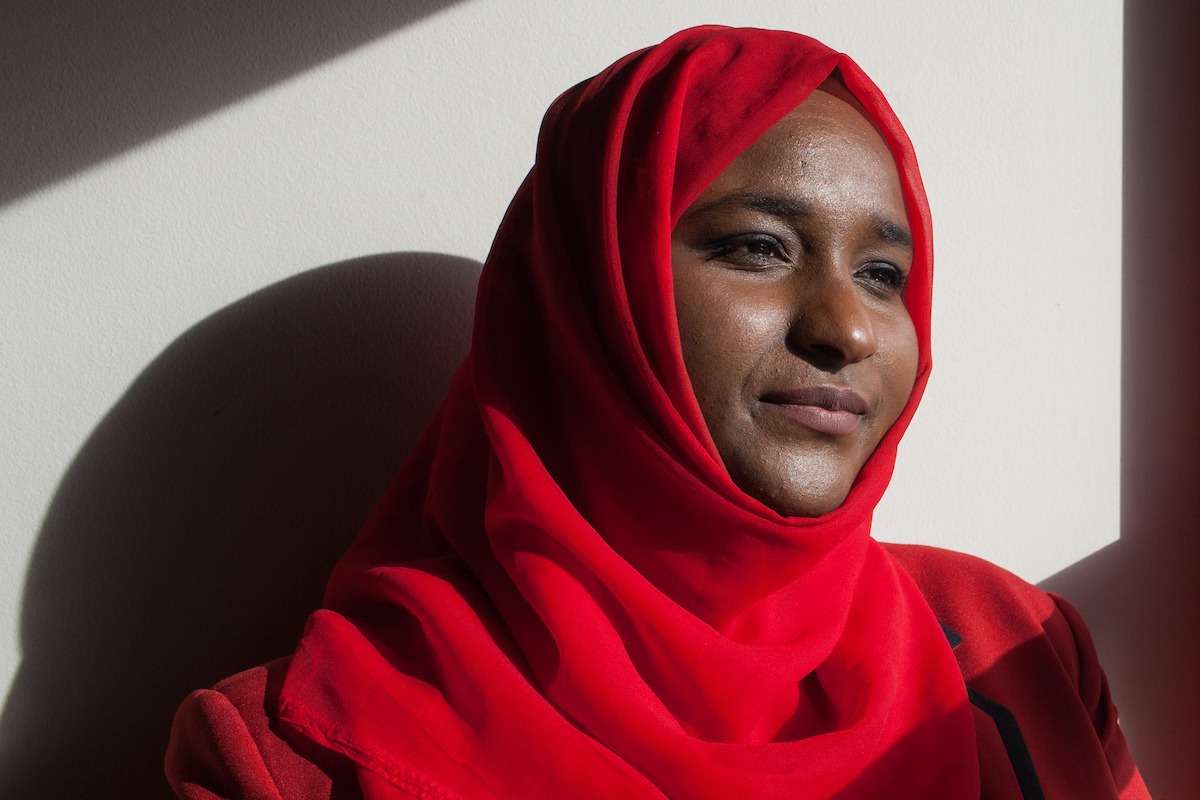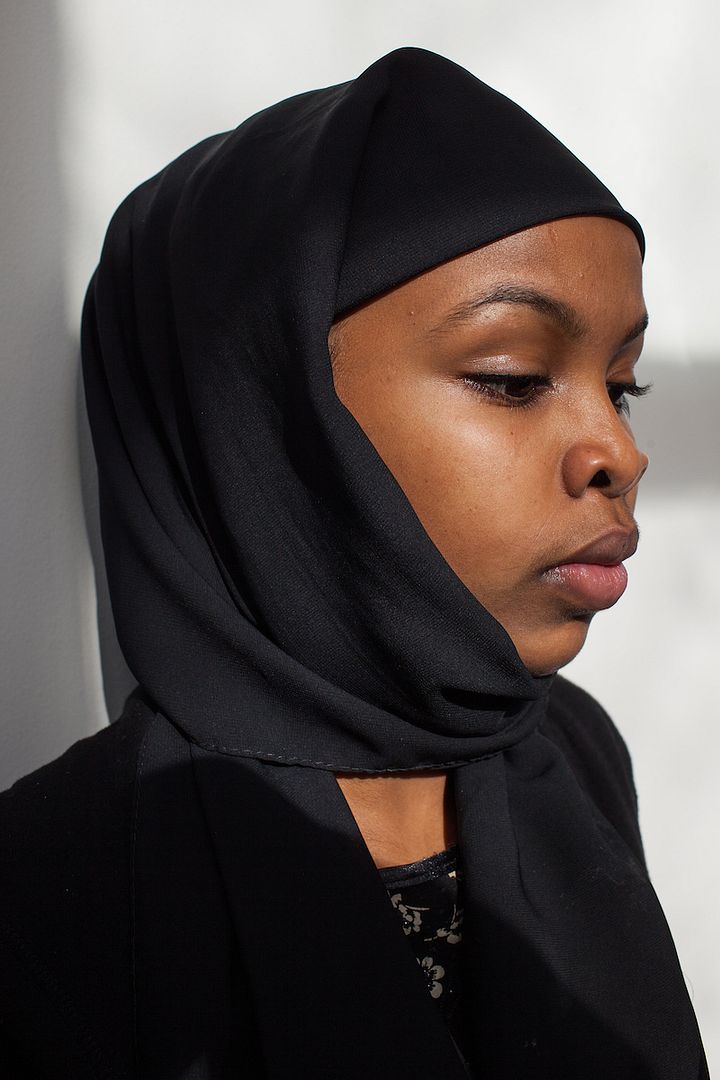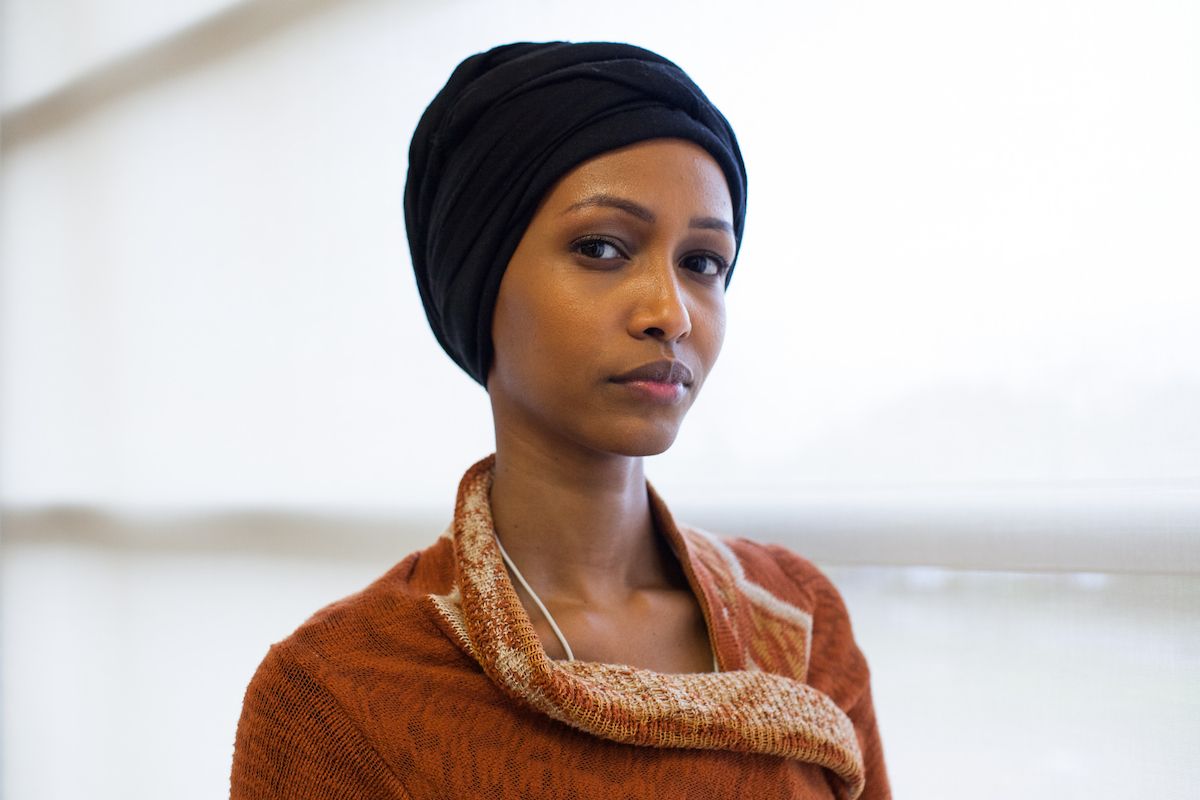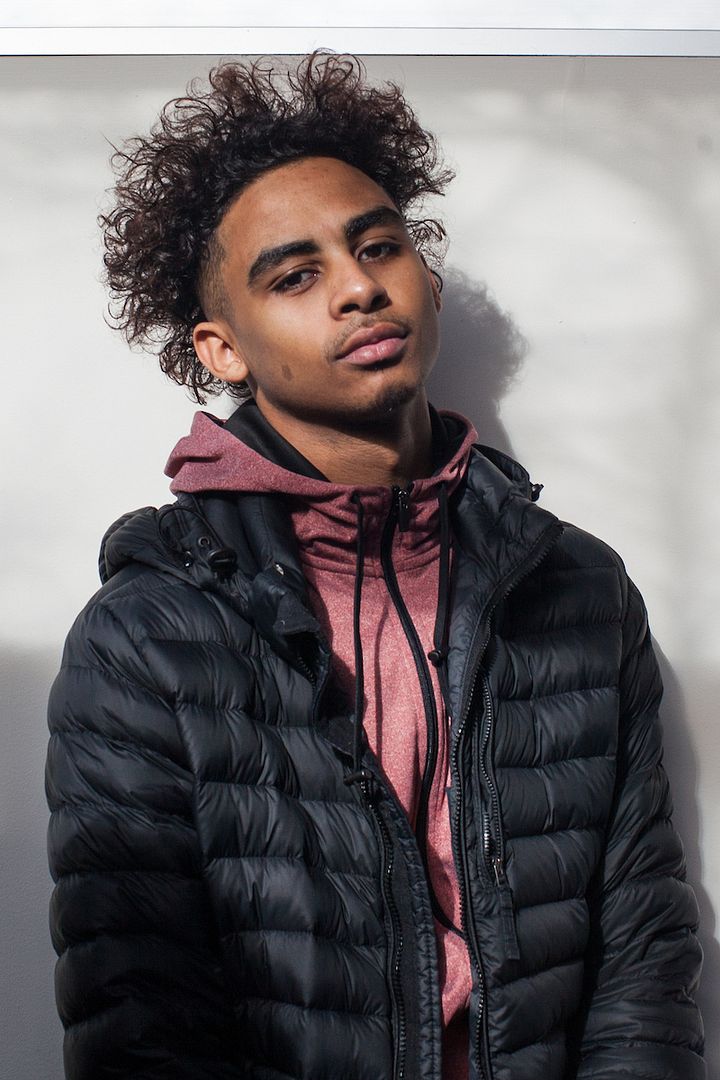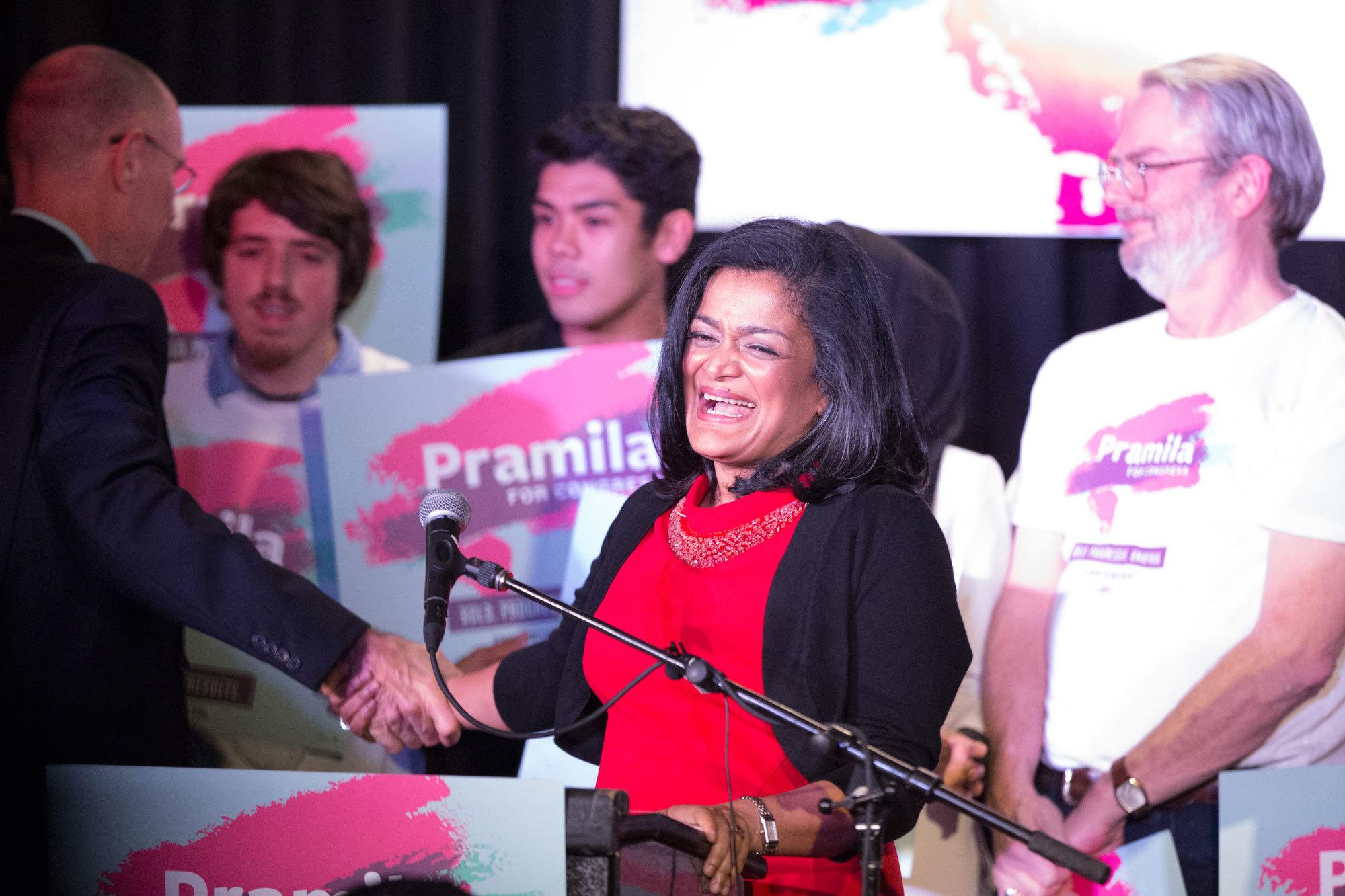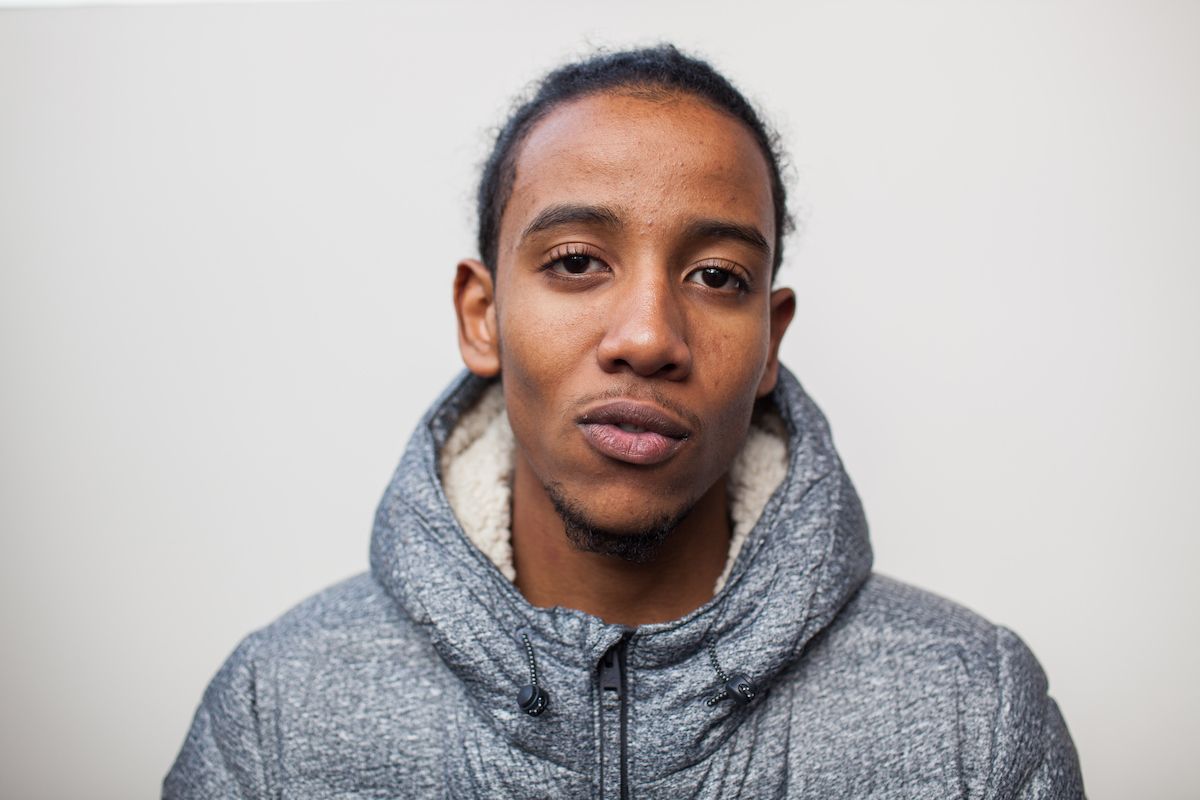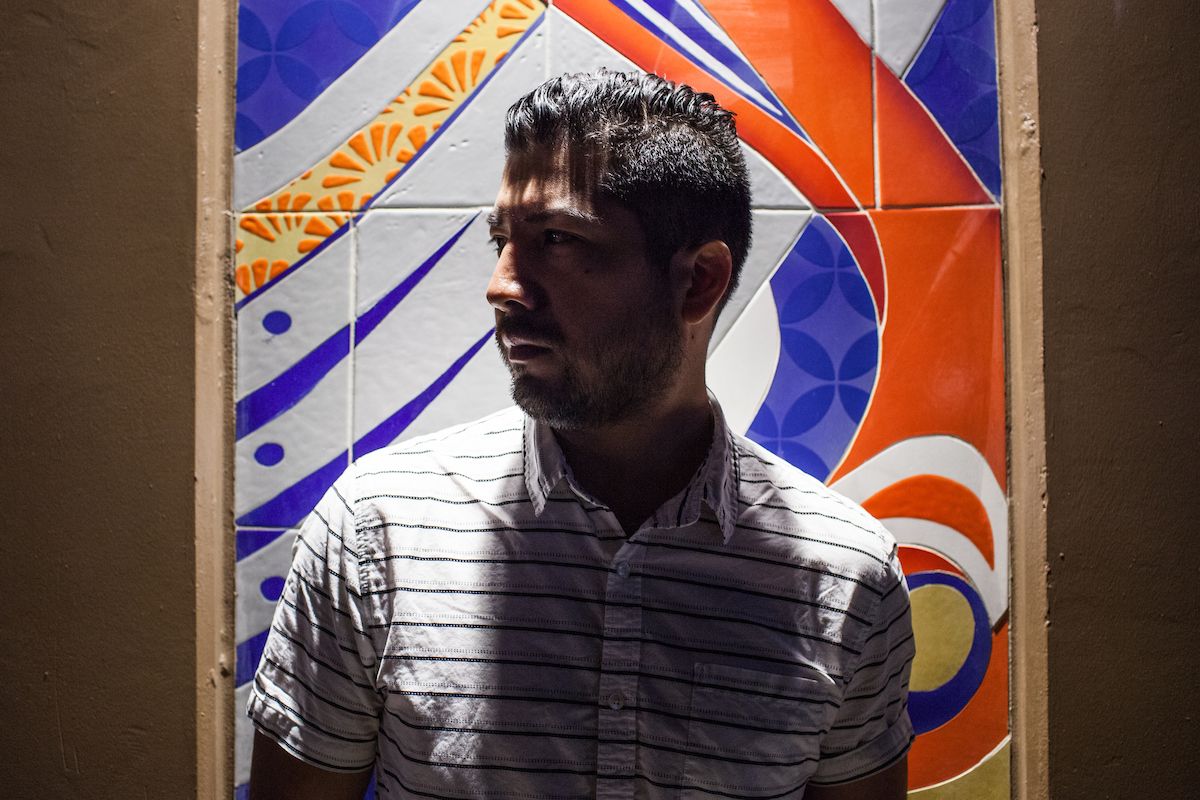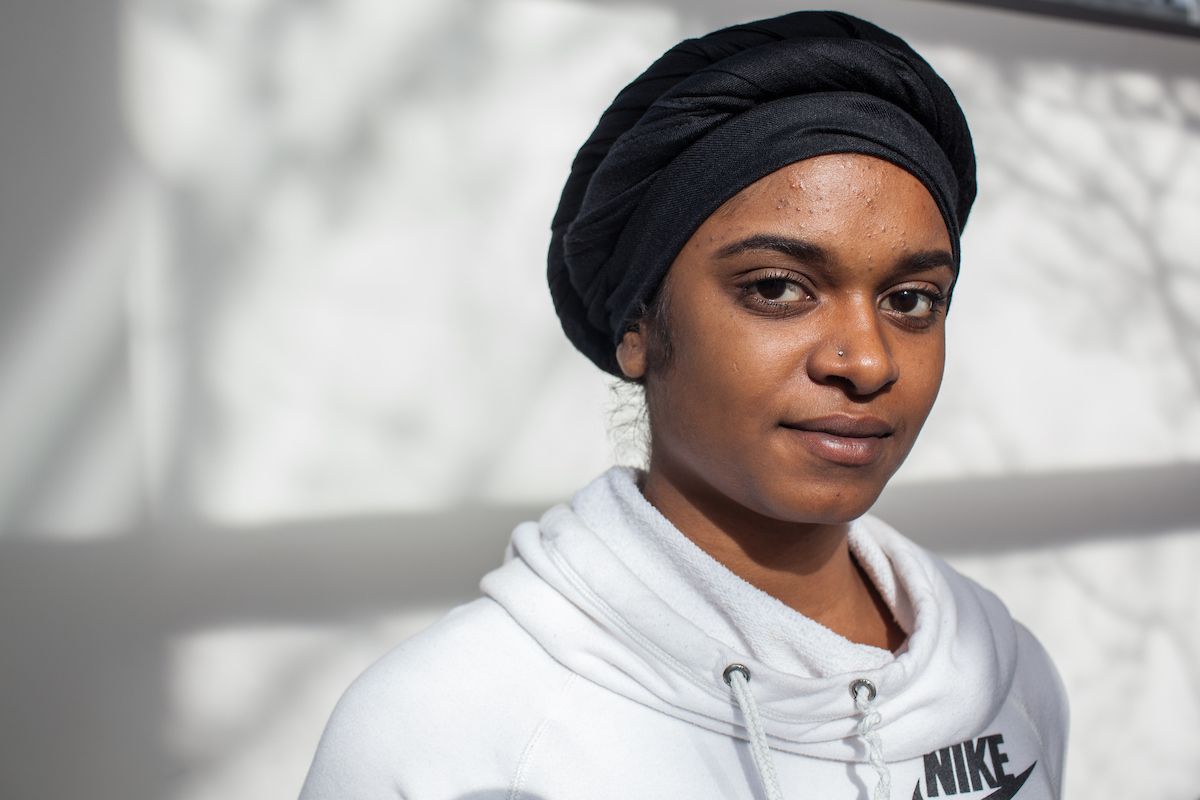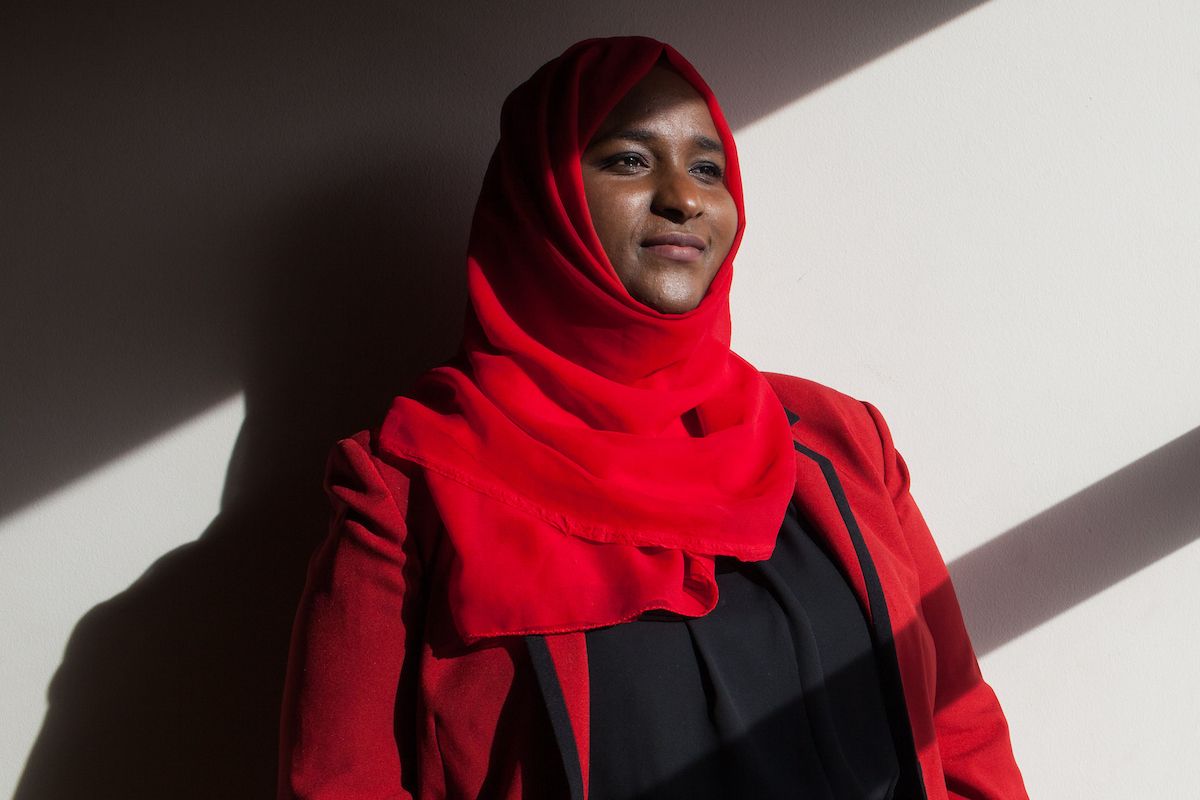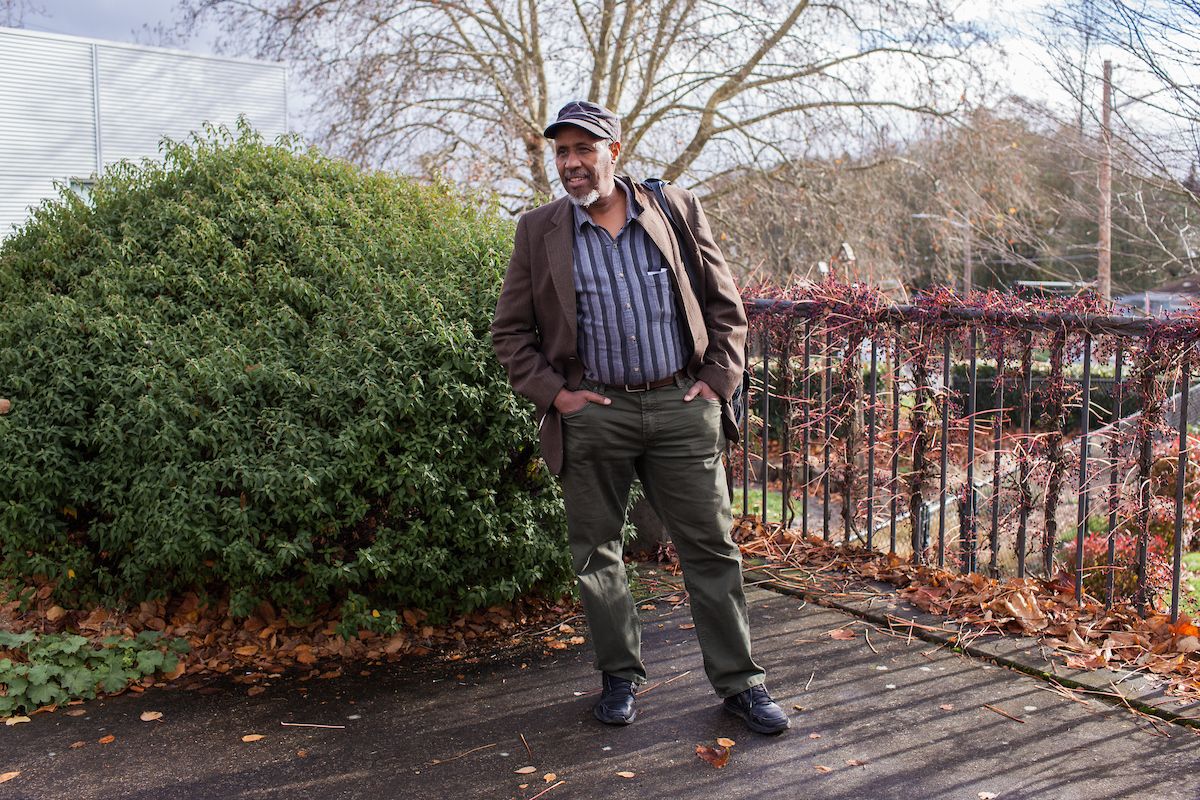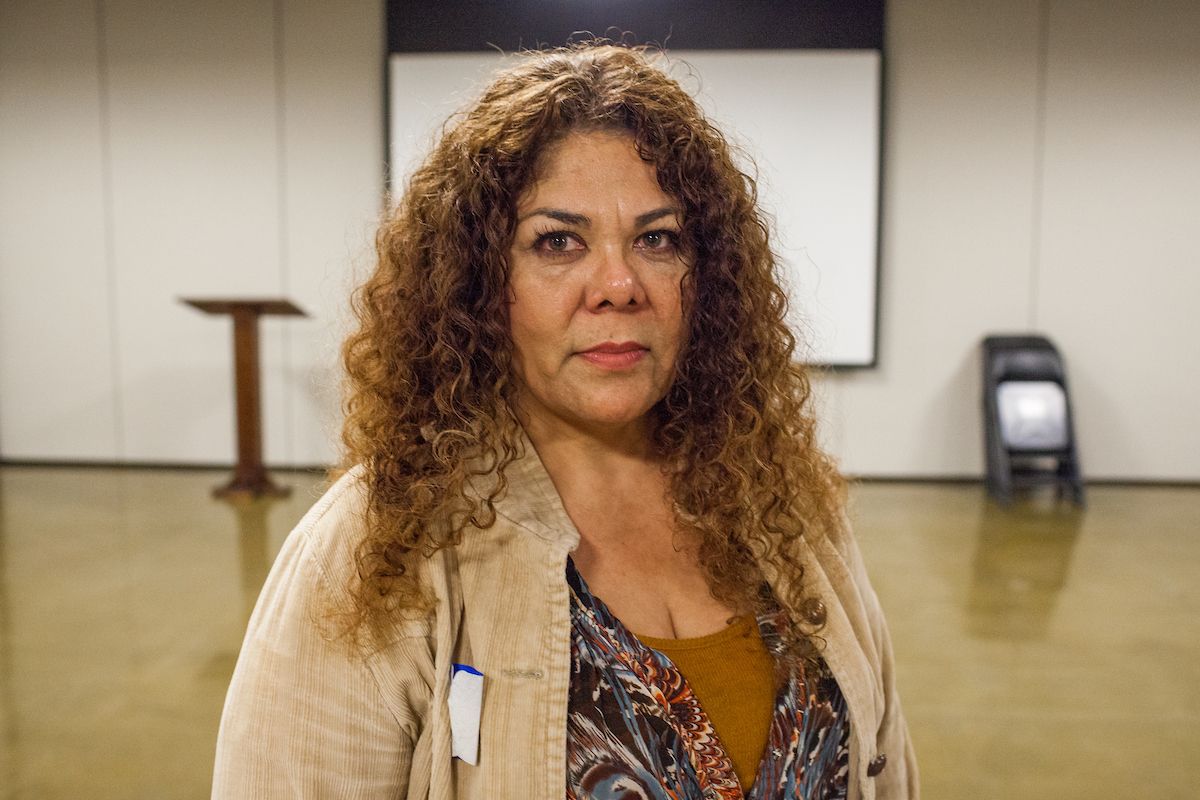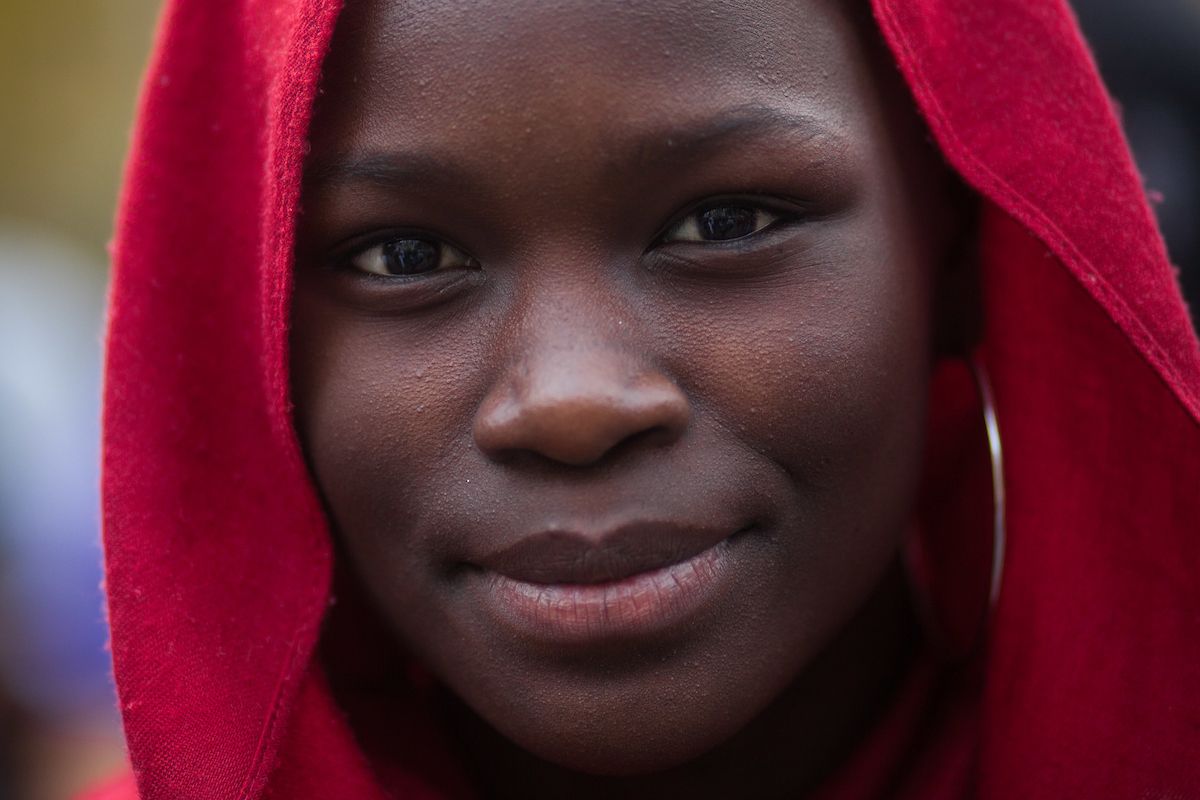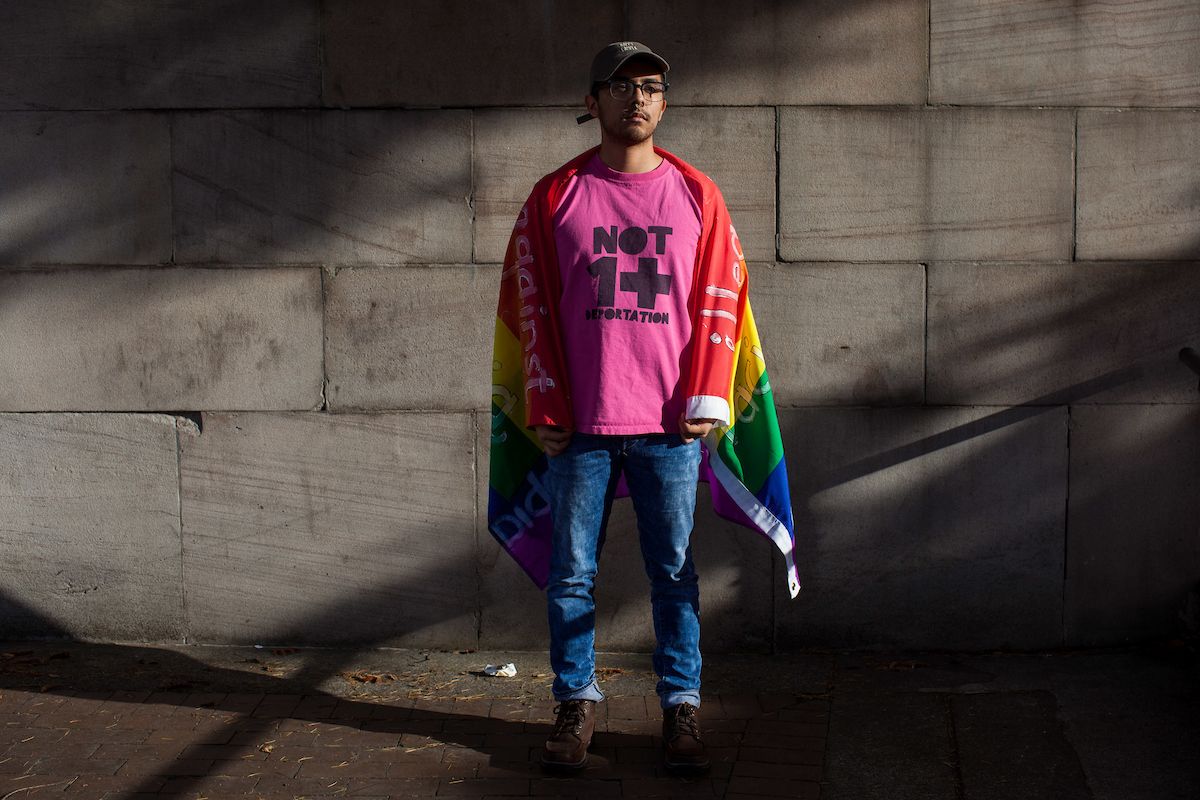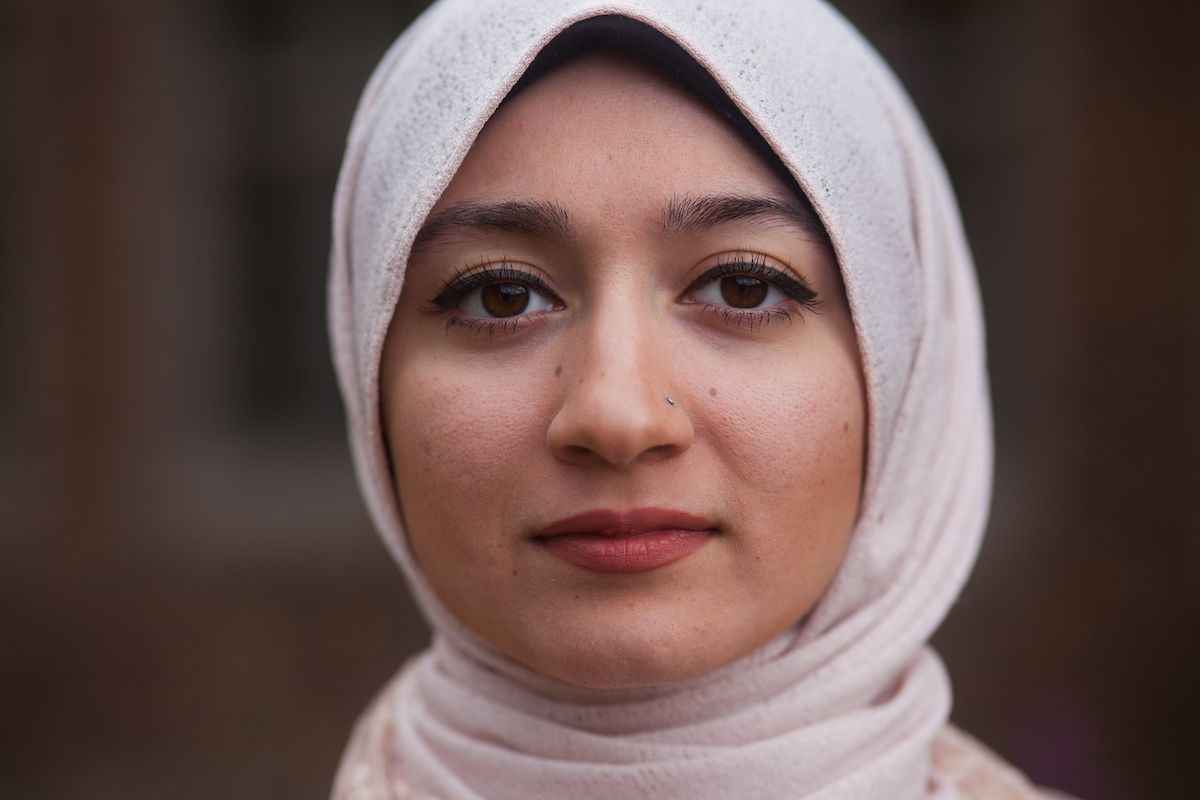During his campaign for the country’s highest office, Donald Trump’s rhetoric was thick with invective. He railed against the Washington establishment and the media, and the businessman-turned-politician also disparaged various women, mocked a disabled reporter, and spread racist propaganda from white nationalist groups. Most troubling, though, were his policy prescription, which sought to lay the blame for economic insecurities and national security concerns at the feet of two communities—Muslims and undocumented Mexican immigrants. To ward off terrorism, he suggested a ban on all Muslims traveling to the United States and would not rule out a registry for all Muslims living in the U.S. To bring about economic revival, he has promised to build a wall along our southern border and to deport all 11 million undocumented immigrants currently living in the U.S. to the other side of it. The effectiveness and practicality of these proposals—not to mention their constitutionality and civility—has been widely questioned by various experts. Nonetheless, Trump won. And while his win last week has many on the left anxious about the future, it is these two communities that have the most at stake under a Trump administration. We asked what they are thinking now and what they believe the future holds.
Hanni Hassan, 15, Cleveland High School
If the person that’s running the whole United States doesn’t care about us and hates us, everyone’s going to feel free to say what they want. I never knew racism growing up. I felt like an American. I felt like all of that was in the past. But lately I started noticing people I used to smile at don’t smile back—little stuff. People at the stores used to be nicer. I feel like we never had power because we’re minorities. We’re immigrants. Our parents are refugees. We’re Muslims. It’s supposed to be a free country for everyone, but it’s just not. It hit me. I’m scared. I don’t know what’s going to happen. Instead of being upset that he’s president, I’m trying to hope he gets some sense knocked into him and gets it together to do his best as president. I have a lot of hope and I’m praying everything goes well. I don’t want us to go to war. I don’t want us to fight each other.
Faduma Ahmed, 29, Somali immigrant, Seattle University
This should be a lesson in the work that needs to be consistently done. We took so many things for granted. We laughed at him, we mocked him, we told ourselves, “Hey, this will never happen so let’s just chill back. We’re going to be fine.” We left so much of the work, the effort to other people. We didn’t focus. We didn’t come together. I’m disappointed, but this doesn’t discourage me from being here, from participating, from doing what I can for the community. At the end of the day, it’s the little steps—the details—that matter. I believe that Trump won’t be able to take my rights away. Yes, he can make life difficult, but it won’t be possible. I’ve been here for so long, and I’m going to be here long after he stops being president. So I’m not worried. I believe people can still come together, use this as a learning moment, and move on. But it’s frustrating to know this actually happened on our watch.
Sami Ahmed, 16, Cleveland High School
I was disappointed. I felt a lot of hate. A lot of racist people around the world finally came out of their shell. There’s no reason to vote for him if you’re not racist because he said he doesn’t like Muslim people, he said he’s going to deport Mexicans, and a lot of stuff. I’m going to do things as usual. Nothing will change for me, but I feel like I’ll see different things—like more racist people will come out and actually call you the n-word or tell you that you can’t be here because you’re Muslim. But I’m proud to be a Muslim and I always will be. I won’t change for anybody. FDT, that’s all I have to say.
Zane Mohamed, 18, Franklin High School
They finally announced he won and I was in a state of shock, and didn’t know how to react for a second. The next morning when I woke up and I went to school, everyone was speaking about it, even my teachers. You could tell it really hit them. We elected this guy—this racist, this Islamophobic, xenophobic guy to run the free world, and that’s not what we stand for whatsoever. From members of my own community, I’ve noticed massive amounts of support. Throughout the different schools there’s been a lot of walkouts. Franklin’s [Black Student Union] even came together after the election to speak about our reactions. So there’s this massive amount of support through the city.
Daniel Ruiz, 31, immigrated to the U.S. in 1992 from Mexico
I felt anger. I felt frustration. But mainly disappointment because I’m not only part of the immigrant community but I’m also part of the LGBTQ community. Especially with Pence, the VP, having very conservative views on the LGBTQ issues that we face today—he’s jeopardizing our rights. He and Trump are giving voice to all the people who maybe, before, did not want to express how they truly felt about others who are different from them. But now, they feel courage to do it. I’m not frightened. But I am a little more conscious of my surroundings when I’m out on the streets or getting to my car from the store. But having these types of meetings and gatherings—it feels good to listen to other people and to know people have your back.
Hannah Omar, 19, Seattle Central Community College
I’m so confused because if everyone around you is talking like they don’t like Donald Trump, how did he win? Everyone on social media is bashing him. Everybody, everywhere is bashing him. So how did he win? I still haven’t come across a Trump supporter yet. I’m not off-guard anymore because I’ve seen a lot of posts on Twitter—people saying stuff that’s not OK. I haven’t witnessed anything yet, but I know it’s coming because I’m Muslim and I’m Somali.
Iftan Hagimohamed, 32, Somali-American advocate and teacher
As adults we were coping with fear, and our own children were afraid. They weren’t sure if they were going to be safe at school. I have three boys, and I had to do a lot of convincing that they would be safe and their teachers would keep them safe, the school staff would keep them safe and I would keep them safe. And not to let this fear of the unknown of what’s going to happen drive them. I can’t speak for the entire Muslim community because I’m sure there were a lot of Muslims that voted for Trump. But for the Muslims that are here in King County, we weren’t very fond of Donald Trump because of everything he represents. In a way it’s kind of scary, but we’re hoping collectively, as a local government, we can secure the safety of our children and our families and our communities.
Mohamud Yussuf, 57, Somali-American organizer/activist and publisher of Runta News
I’ve always admired [Trump’s] truth-talking, his up-front speaking. I know people were offended, but not me. I’ve always thought he’s honest. I cannot say I was excited, but I was OK to see him win. What he says about Islam—it doesn’t offend me. The guy just speaks his mind and says many things about many other people. He was also insulted and attacked, and he endured. This is the culture of this country—people speak and attack each other, but we move on. We are refugees and we have endured a lot. It’s not new to us. We can still survive in any circumstance. It’s not the end of the world. If he does bad, we’ll still exist. But I don’t think he’ll do what he’s said. No one can rip off anyone’s rights that easily, and Muslims are part of this country. Muslims have a lot of history in this country, and he can’t afford to lose his relationship with Muslim countries.
Alma Gutierrez, Co-founder of Colectiva Legal de Pueblo, undocumented immigrant from Mexico
I was very surprised when he was elected. I absolutely feel so afraid and I cannot believe it. I am in shock. I started crying because this isn’t just about me—it’s about more than 11 million people who might be feeling the same way I do. It’s a disaster for family, community, the economy, everything. It’s absolutely a disaster in my point of view. We have to take action and start working with our community to defend ourselves. We know we are undocumented but we still have rights. Mostly we have to defend our families and our communities. It’s time to reunite, be together. It’s time to be involved in our community and it’s time to be educated, even if you’re not part of a community of color or an immigrant.
Rukaya Souleyman, 14, Sudanese immigrant attending Garfield High School
I’m against him because he’s racist and people think it’s OK to be racist and sexist, and that it’s OK for everyone else to do exactly what he did, which is not a good representation of America.
Jorge Cuellar,20, immigrant from Mexico and a junior at UW
As a queer, undocumented student, it has really taken a toll on me because we have worked so hard just to be at a higher institution, where we’re supposed to better ourselves or take advantage of these opportunities that the United States was supposed to offer. So, having come this far, it now feels like it’s been for nothing. My parents sound really, really sad when I talk to them over the phone. They sound hopeless because they have also worked so hard to make a living here, and to have someone who represents so much hate, xenophobia, and anti-immigrant sentiments … It’s been very hard for my parents as well.
Varisha Khan, 21, journalism and political science student at UW
I think it’s important to know and remember that this climate of fear and hatred didn’t just start on Tuesday. It’s been going on for a while. Actually, 2015 was the year of a record number of anti-Muslim hate crimes reported to CAIR, the Council on American-Islamic Relations. Never before in our nation’s history have we seen a higher, more severe number of [hate] crimes than in 2015. And that’s continued to grow and we’re on track in 2016 to surpass that number, and it doesn’t seem it will stop, especially with this election. It’s not stopping anytime soon. If there’s anything I could tell an American-Muslim child or a young person right now, who’s having the same fears a lot of people have, is that you can practice your faith fully and be an American fully. There’s no need to compromise either.
news@seattleweekly.com
